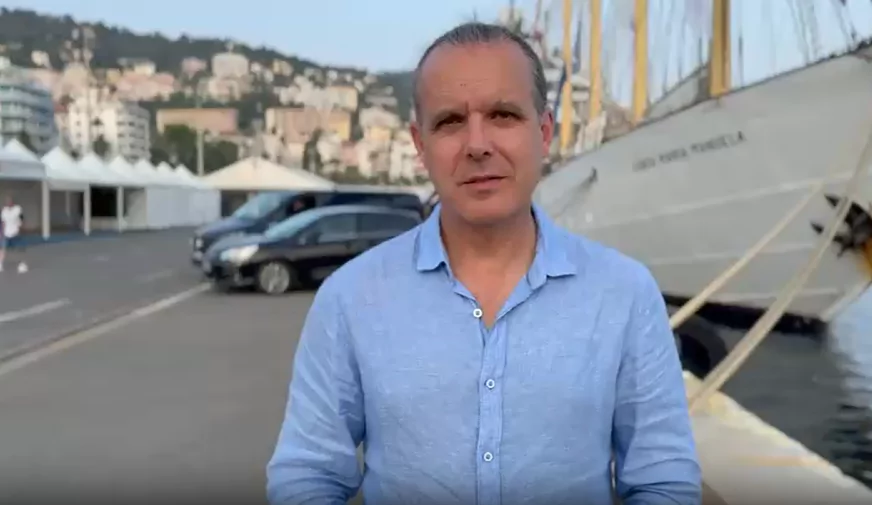At the closing of the third UN Ocean Conference in Nice, National Geographic explorer Enric Sala offered a stinging critique of global inaction and France’s missed opportunity to lead on ocean conservation. While hailing new marine protected areas, Sala warned that progress remains painfully slow and riddled with contradiction.
Held in Nice from 9th to 13th June, the UN Ocean Conference (UNOC3) concluded with a mixture of celebration and frustration. Among the most vocal critics was Enric Sala, a long-standing scientific adviser and founder of Pristine Seas, who declared that while some nations had stepped up with new protections, France – the host country – had “missed an epic opportunity” by continuing to allow bottom trawling in marine areas designated for protection. “This was France’s moment,” he said. “But instead of making a splash, its leaders continued allowing bottom trawling in areas of the ocean set aside for protection.”
Praise for new marine parks – but a warning about the pace
Sala welcomed the creation of new marine reserves by countries including Colombia, Samoa, and the Marshall Islands, recognising their contribution to the 30×30 target – the goal of protecting 30% of the world’s oceans by 2030. Yet he cautioned that the world is far from achieving it. “We must race,” he said, warning that “we need to establish 85 new marine protected areas daily to achieve this goal”.
Protection ‘in name only’ when industrial fishing continues
The explorer was adamant that marine protected areas are only meaningful if they exclude harmful activities. “Marine protected areas that allow damaging activities like industrial fishing are protected in name only,” he said, arguing that the strongest scientific evidence supports fully protected reserves that deliver tangible benefits in biodiversity, food security, and climate resilience. According to Sala, only strict enforcement will yield real returns for nature and people.
Monaco maintains its regional commitment
Though France drew criticism, Monaco’s role throughout UNOC3 was more positively received. Ahead of the conference, the Principality hosted the Blue Economy and Finance Forum and announced a €1.5 million renewal to MedFund, a Mediterranean marine conservation initiative. These contributions were part of a broader show of support for sustainable ocean finance and marine biodiversity ahead of the main UN summit.
A summit of contrasts: lofty goals versus limited gains
Despite a growing list of national pledges and the ratification of the High Seas Treaty by several countries – including a projection by France that it will enter into force by January 2026 – the overall tone remained one of cautious scepticism. For Sala, the gap between ambition and action was glaring. “Ultimately, this summit produced a mere drop in the bucket of what we desperately need to protect the ocean – the lungs of our planet,” he concluded.
Monaco Life is produced by a team of real multi-media journalists writing original content. See more in our free newsletter, follow our Podcasts on Spotify, and check us out on Facebook, Instagram, LinkedIn and Tik Tok.
Photo of Enric Sala taken from video address in Nice
